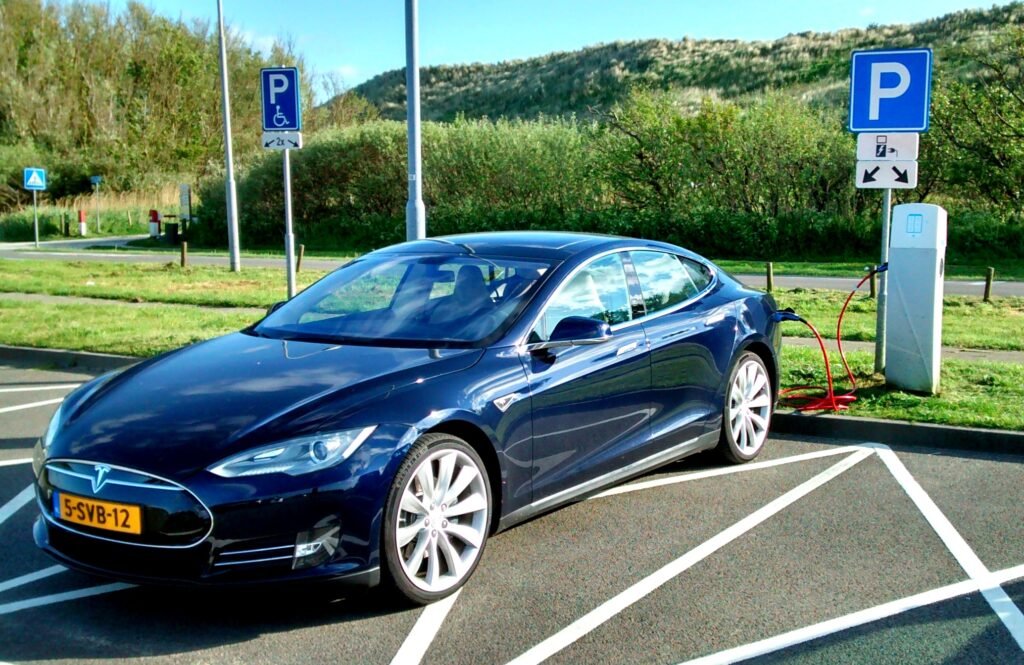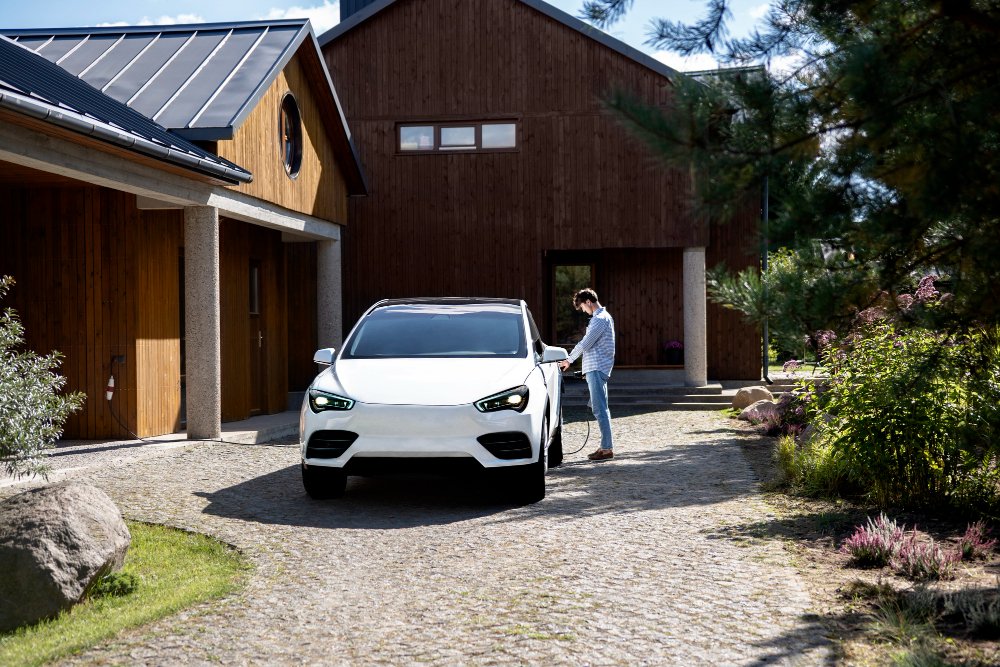With the rise of eco-conscious driving and cutting-edge EV technology, many consumers are wondering: Should I buy an electric car now or wait? It’s a valid question, especially with evolving battery ranges, charging infrastructure, and government incentives. In this guide, we break down the key factors you should consider in 2025—from EV range comparison and charging speed to pricing, model availability, and upcoming innovations.
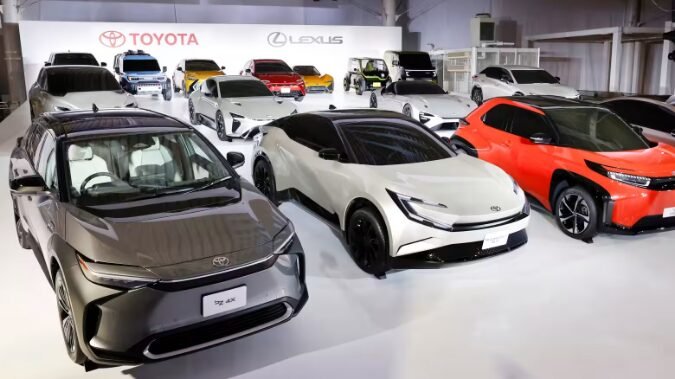
Whether you’re a tech enthusiast, a green driver, or just someone looking to reduce fuel costs, this article will help you decide if now is the right time to make the switch—or if waiting might be wiser.
1. The Current State of Electric Vehicles in 2025
The EV market has matured significantly. From compact hatchbacks to luxury SUVs, the variety of models available has never been greater. Major automakers like Tesla, Ford, and Hyundai are in tight competition, pushing innovation and driving down prices.
Key Trends:
- Increased EV range: Most 2025 models offer over 300 miles per charge.
- Improved battery tech: Solid-state batteries are entering production, promising faster charging and longer life.
- Affordable options: The market now includes more affordable electric cars under $30,000.
2. Charging Infrastructure: Better Than Ever

A major concern for buyers has always been charging. Fortunately, 2025 has brought massive improvements.
Types of Charging:
- Level 2 home charging: Most convenient, 8–12 hours for a full charge.
- DC Fast Charging: Adds 200+ miles in just 15–30 minutes.
- Ultra-fast charging networks: Becoming standard along highways.
Top Fastest Charging EVs in 2025:
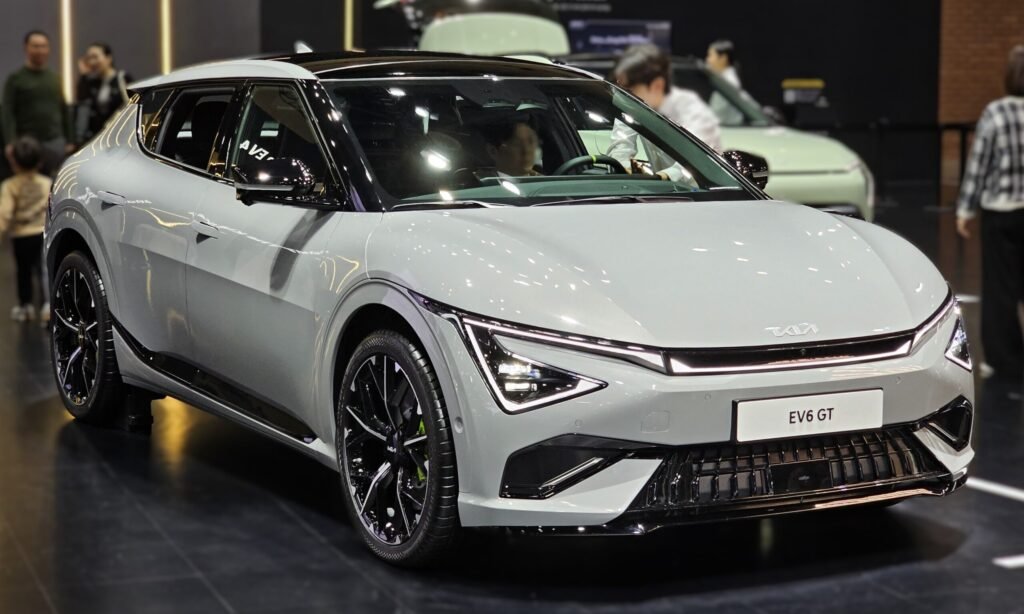
| Model | 0–80% Charge Time | Range (mi) |
|---|---|---|
| Tesla Model S Plaid | 20 minutes | 390 |
| Hyundai Ioniq 6 | 18 minutes | 361 |
| Kia EV6 GT | 17 minutes | 310 |
3. Pricing and Incentives: Is It Cost-Effective to Buy Now?
Should I buy an electric car now or wait? One of the biggest arguments for buying an EV now is the financial incentives available. Many of these programs are set to phase out in the next couple of years.
Price Comparison:
- New EVs: Starting around $27,000 for entry-level models.
- Used EVs: More available than ever, with options under $20,000.
Current Incentives:
- Federal tax credits up to $7,500
- State-level rebates (varies by location)
- No gas, lower maintenance costs
4. Should You Wait for Better Technology or Prices?
It’s true that EV technology is evolving rapidly, but that doesn’t always mean waiting is best.
Pros of Buying Now:
- Lock in available tax credits
- Avoid rising battery material costs
- Immediate savings on fuel and maintenance
- Proven and reliable 2025 models
Reasons to Wait:
- Solid-state batteries may become mainstream by 2026–2027
- More EVs with 500+ mile ranges are in development
- Used EV prices may drop further
However, most of today’s EVs already meet the needs of families, commuters, and long-distance drivers.
5. Best EVs to Buy in 2025
Here are some of the top-rated electric cars for different use cases this year:
Best for Families:
- Hyundai Ioniq 5 – Spacious, tech-loaded, affordable
- Volkswagen ID.4 – Safe, roomy, great value
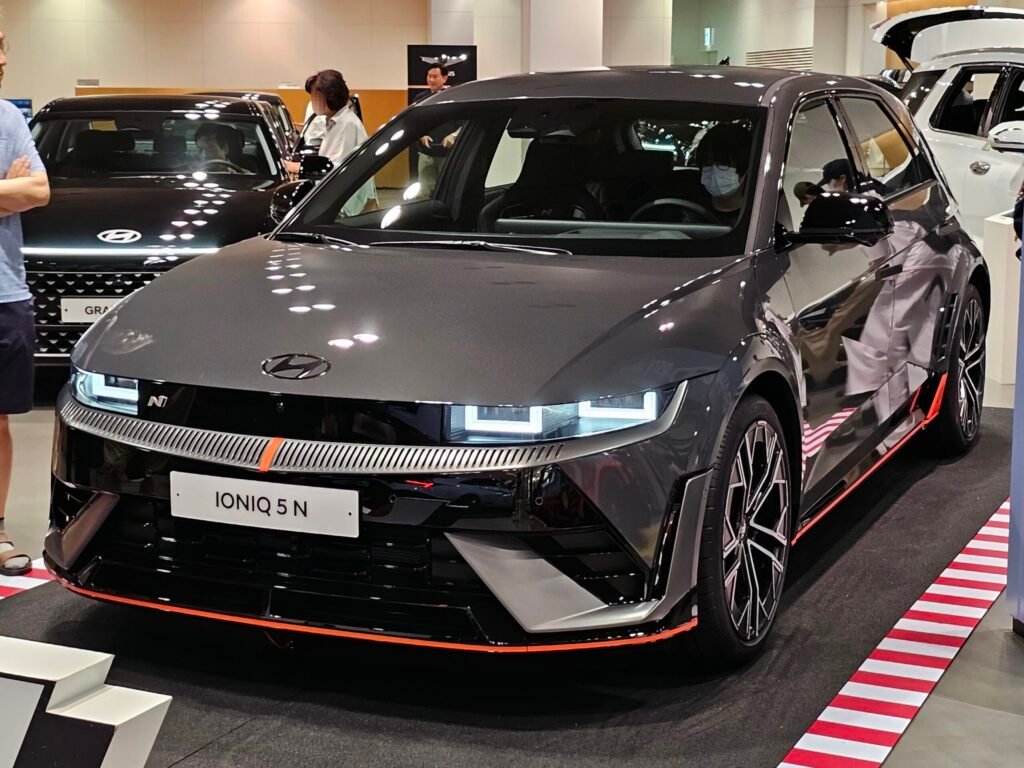
Best Range:
- Lucid Air Grand Touring – Up to 516 miles
- Tesla Model S – 405 miles
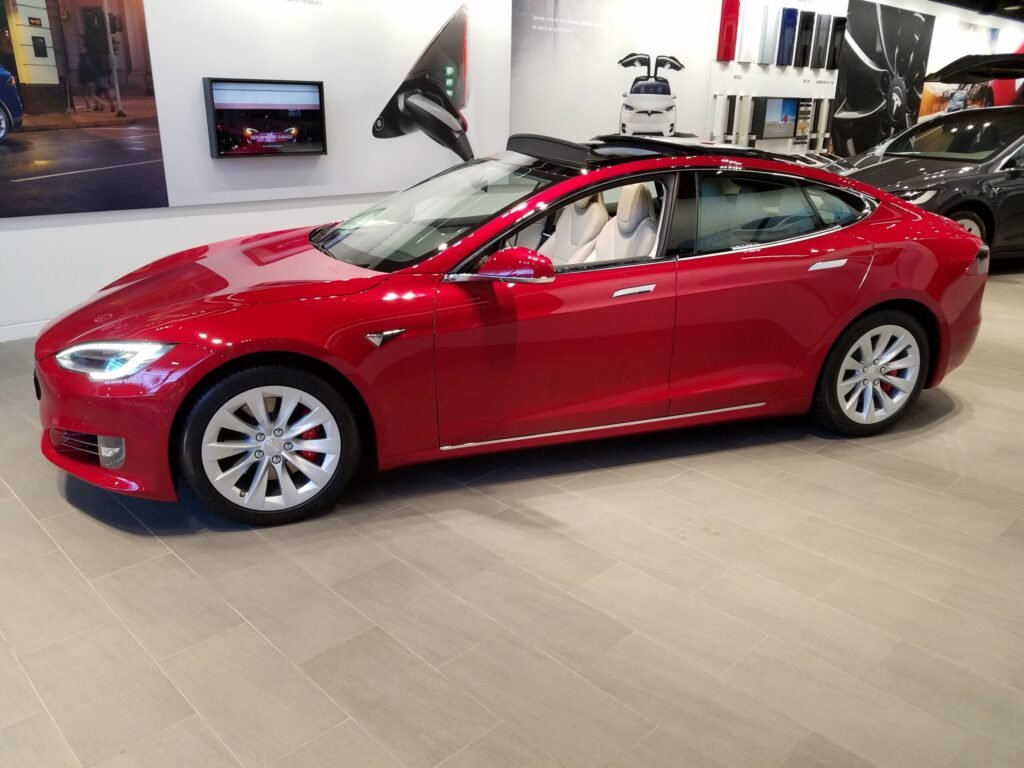
Best Budget EV:
- Chevrolet Bolt EUV – Under $30K, solid range and reliability
Conclusion: So, Should You Buy Now or Wait?
The answer depends on your personal needs and budget. If you value current savings, reliable models, and robust infrastructure, now is an excellent time to buy. But if you’re holding out for next-gen batteries or longer ranges, waiting could pay off—just be mindful that incentives may disappear.

